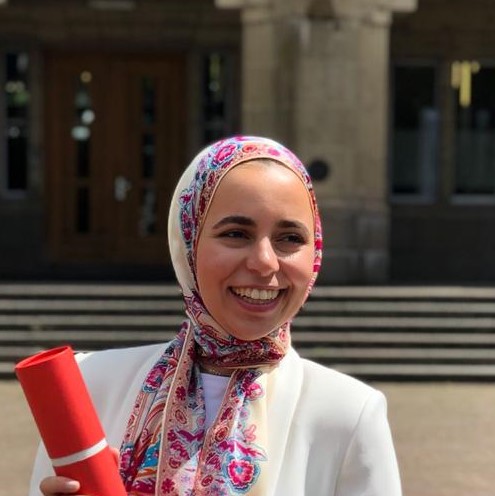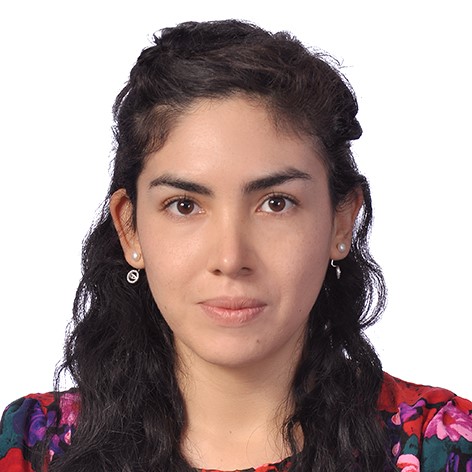A number of recent academic and research policy initiatives have emphasised the need for transdisciplinary approaches to sustainability research.
Transdisciplinary research has two main defining characteristics:
- It should involve a genuine collaboration between two or more academic fields and enable a synthesis that does not only result from articulating closely related disciplines, but crosses the boundaries between research in the humanities/social sciences and the natural sciences/engineering/mathematics.
- Research should go beyond the academic arena to be challenge-led, embedding the perspectives of non-academic stakeholders with an orientation towards transformative real-world impact.
There are important theoretical and methodological gaps that need to be filled in regard to the complexity of human-environment interactions and their relationship to context-specific issues. For instance, how can we combine knowledge on natural hazards and socioeconomic vulnerabilities with the need to do research that effectively supports transformative change in governance? How can we use novel methodologies in data analytics to reveal existing health inequities in different urban settings and simultaneously empower local governments and communities to effect change? Answers to such questions require new theories and methods to bridge existing siloed disciplines and the perspectives of non-academic practitioners. They also require the ability to design innovative research projects to tackle specific challenges, going beyond traditional divisions between quantitative/qualitative, conceptual/applied methodological traditions.
TRANSFORM will fill these theoretical and methodological gaps by delivering an innovative training programme that equips the next generation of researchers with the ability to integrate methods and perspectives from different academic and practice fields into transformative, transdisciplinary research designs with an integrated approach to human-environment interactions. This will be accomplished by enabling postgraduate research students to work on transdisciplinary projects that address a real-world sustainability challenge defined together with an external practice partner, under the supervision of at least two academics from different disciplines relevant to the challenge.
The programme participants will benefit from and expand the transdisciplinary networks of the Global Sustainable Development community at Warwick. Students will have a supervisory team composed of a mentor from a practice organisation (e.g. UN-Habitat, Médecins Sans Frontières, British Geological Survey, Environment Agency, Met Office, African Population and Health Research Centre, International Livestock Research Institute, Center for International Forestry Research, International Institute for Environment and Development), as well as two academic supervisors from different disciplines across the social sciences/humanities and the sciences, broadly understood to encompass natural sciences, engineering and medicine.
In future, researchers who are skilled in challenge-led, transdisciplinary methods will play an important role in developing innovative solutions to sustainable development challenges that bridge academic and non-academic perspectives. On the programme, students will develop capacity in methodologies that will allow them to combine contextual, place-based understanding of the required sustainability transformations with the development of new transdisciplinary research methods and we expect that the outcome will be more impactful research that will contribute towards transformative change.





